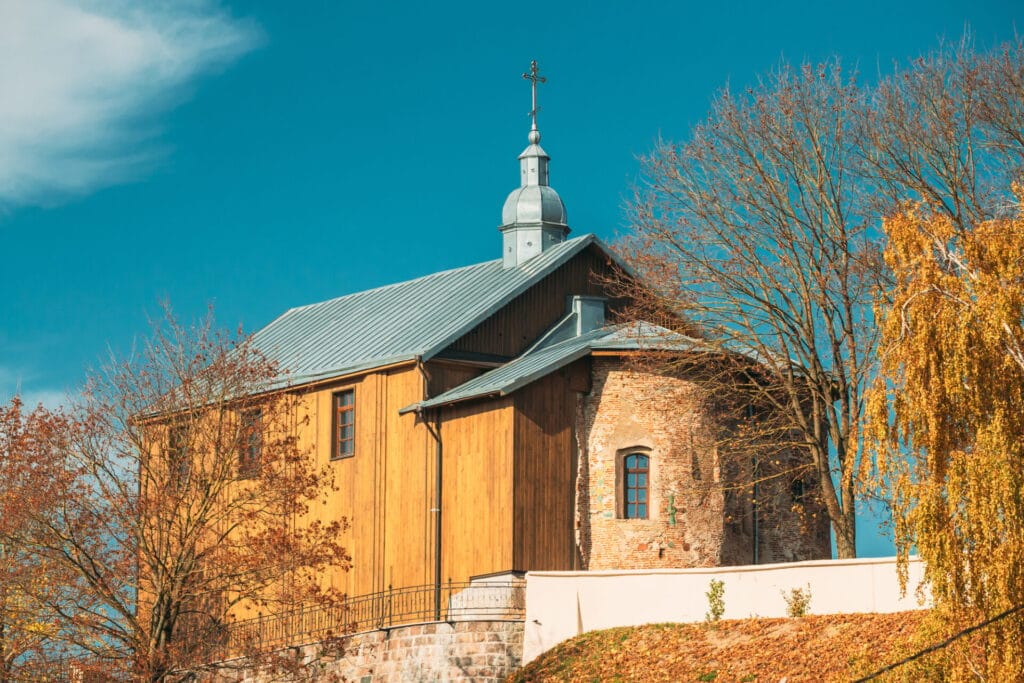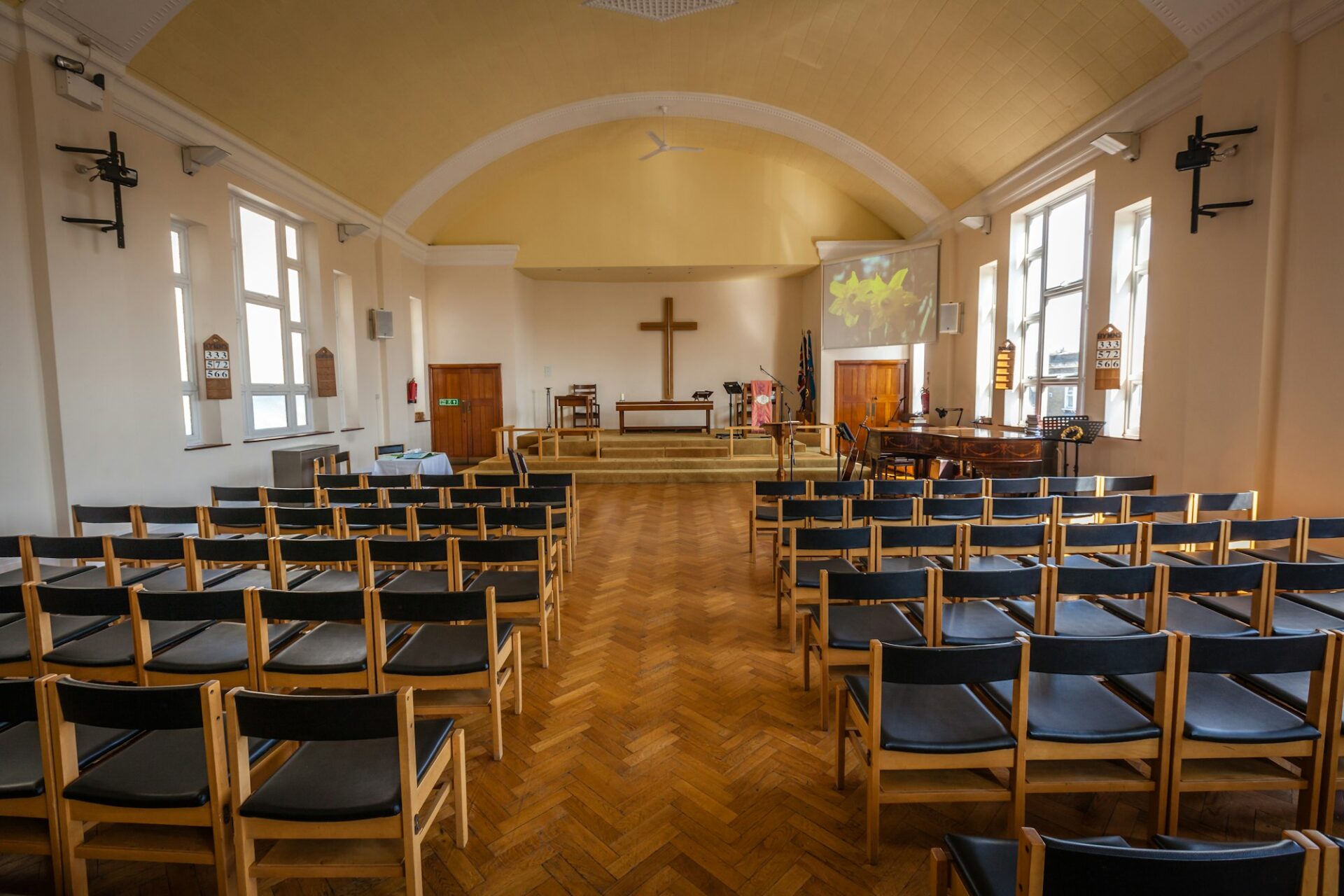As we observe Mental Health Awareness Month, I’ve decided to pull back the curtain on my own journey toward improved mental well-being. It’s messy, imperfect, and deeply personal. But one thing that’s stood out to me time and time again is the importance of community—a place to feel accepted, seen, and heard. For some, that sense of belonging is found within the walls of a church. For me, churches have always been something different. Something complicated.
Eating Church
When I was a child, Thursdays meant the “Eating Church.” That was the day my three younger sisters and I would go to get a warm, full meal—something that wasn’t guaranteed at home. After dinner, we’d climb the stairs to a magical room filled with clothes, free for the taking. To us, it was heaven on earth. The food was warm, the clothes were new (to us), and for a brief moment, we felt cared for.
I remember one Thursday in particular. A group of kids from my school was volunteering, handing out plates. I held out my hands for a plate, and the look on my classmate’s face said everything. Pity. Shock. Judgment. In that moment, I understood, for the first time, the vast chasm between the “haves” and the “have-nots.” And I knew exactly where I stood. It didn’t take long for the whispers to start at school. Suddenly, I wasn’t just Kristy; I was the girl who went to the Eating Church.
At nine years old, I made a choice: I would rather go hungry than feel the weight of other people’s pity. So I stopped going. The Eating Church, once a source of comfort and warmth, became a symbol of shame I carried for years.
The Church Bus
Fast forward to when my own children were young. There was a church in Holly Ridge that ran a bus service, picking kids up on Sunday mornings and bringing them home in the afternoon. At first, it seemed like a win-win. My kids got a sense of community I’d never had, and I got a rare four-hour break. For a while, it worked beautifully. The kids came home with stories of songs they’d sung and games they’d played. It felt good to know they were part of something positive.
Until it wasn’t.
One Sunday afternoon, the kids came home unusually quiet. My sons, normally full of energy and noise, were subdued. My daughters, too, were quieter than I’d ever seen them. Over lunch, my son finally broke the silence. “Mom,” he asked hesitantly, “what’s a bee-stard?”
It took me a moment to piece together what he was trying to say. Bastard. My children had learned, from the adults at church, that in the eyes of God, they were bastards, and their mother—me—was bound for hell.
I’ll never understand why grown adults felt the need to weaponize faith against children. To take something as pure and innocent as a child’s trust and use it to instill fear and shame? It’s a level of cruelty I can’t wrap my head around. Needless to say, it was the last time my kids went to that church.

Invitations and Realities
These days, I get invited to church often. Friends and acquaintances, well-meaning and full of good intentions, tell me about their wonderful church families and how much I’d love it. And part of me wants to believe them. A part of me still longs for that sense of community, that elusive feeling of acceptance and belonging.
Conceptually, the idea of church is beautiful. A place where people come together to lift each other up, to support one another through life’s challenges, to celebrate joys and share sorrows. But the reality? For me, it has often fallen short.
Evolving Perspective
When I was younger, I saw churches as places of charity. They fed the hungry, clothed the poor, and provided for those who couldn’t provide for themselves. And I’m sure there are still churches that do just that. But as I’ve grown older, my perspective has evolved. I’ve seen too much division, too much judgment, and far too many instances of people using faith as a weapon rather than a source of comfort.
For every story of a church feeding the hungry, there’s another of a pulpit preaching exclusion. For every act of kindness, there’s a corresponding act of cruelty cloaked in moral superiority. And yet, despite it all, I hold onto hope. Hope that one day, I’ll find a church community where acceptance and compassion truly outweigh judgment and exclusion. Where people are more concerned with lifting each other up than tearing each other down.
Until then, I’ll keep searching for my own sense of community, my own version of acceptance. Because whether it’s found in a church or somewhere else entirely, we all deserve to feel like we belong.
Check out more of my thoughts and things!







